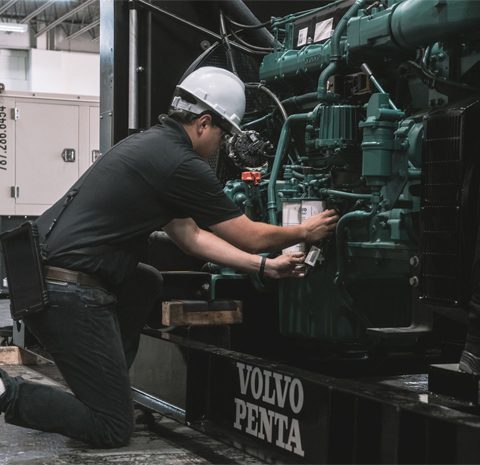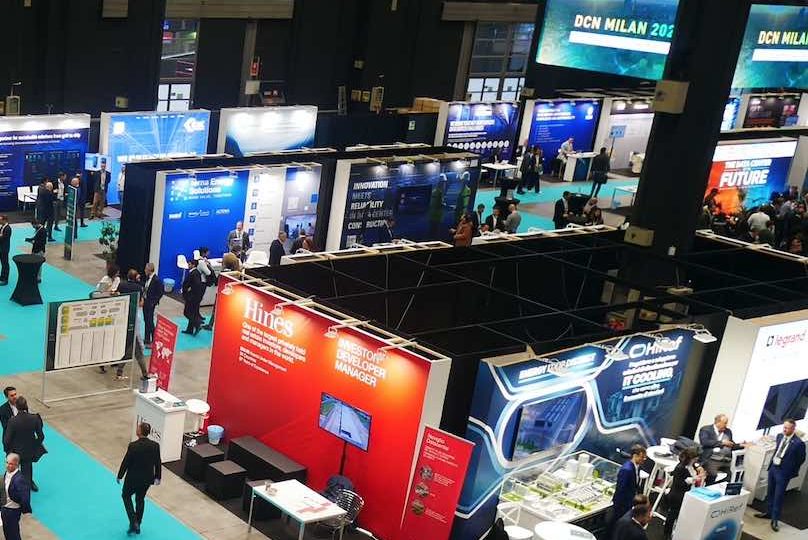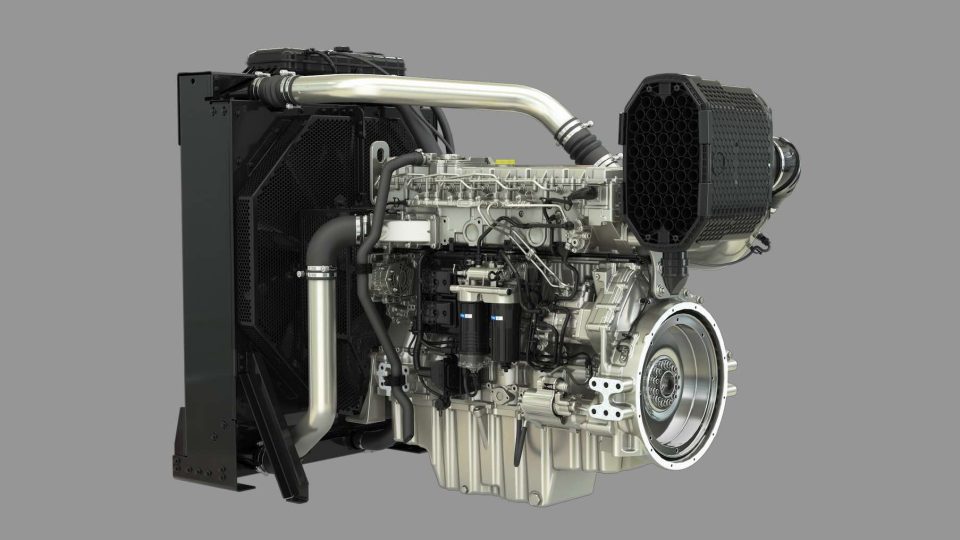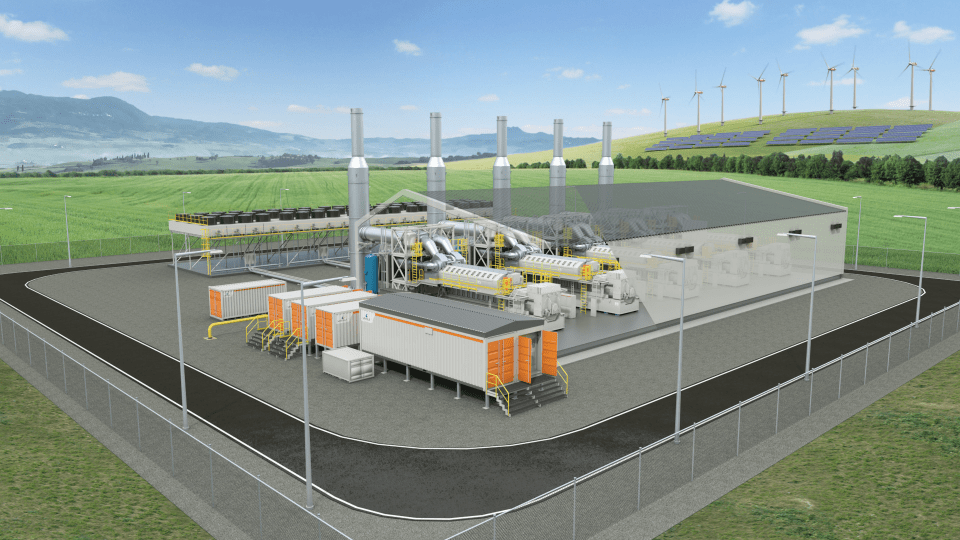Volvo Penta industrial power generation engines proved vital in Puerto Rico
It has been six years since Hurricane Maria devastated the northeastern Caribbean in September 2017. Even though electricity has long since been restored across the island, the demand for backup power sources remains high for businesses, schools, hospitals, utilities, government facilities and private homes. In this article we shine a spotlight on the vital role of off-grid power generation systems by Volvo Penta.

In September 2017, Hurricane Maria devastated the northeast Caribbean: the unrelenting storm destroyed the island of Puerto Rico’s power grid, leaving 95% of its residents without electricity and more than half with no tap water.
“We live in the Caribbean, where, unfortunately, we are constantly exposed to the hurricane season,” said Rubén Aguilar, General Manager of Volvo Penta partner RK Power Generator, based in San Juan. “Hurricanes always strike this region, affecting us and our energy system.”
Beyond being a mecca for travelers who appreciate its pristine beaches and magnificent natural beauty, Rubén says Puerto Rican locals take pride in the rich culture and strong sense of community on the island. He feels fortunate that his business helps protect residents during harsh weather emergencies.
When Hurricane Maria struck Puerto Rico on September 20th, RK Power, the only manufacturer of generators in the Caribbean, had 200 Volvo Penta-powered generators operating throughout Puerto Rico. One of Rubén’s customers, the Aqueduct & Sewage Authority, owns about 10% of those generators. These machines provide backup power during outages, allowing sanitary water to keep flowing toward treatment plants and providing a safe drinking water supply.
Aqueduct & Sewage Authority Supervisor Jose Santiago said he worked 10 to 12-hour days after the storm to ensure the standby gensets powering his wastewater and lift pump were working.
“Not having an available generator could put us at risk of a sanitary sewer overflow in the event of a power failure,” says Jose. “In emergency situations we seek a reliable energy source. It’s been a really positive experience since we’ve had this generator.”
Jose says he counts on portable generators powered by Volvo Penta D5 Tier 4 Final engines to provide more mobility, decreased diesel fuel usage and a team to offer expert support and service.
“Volvo Penta is one of those strategic partners that aid us with new solutions, new tendencies, new engineering, and allow us to have a high-quality team,” he explains. “In this moment I feel a lot more prepared to face situations such as Hurricane Maria.”
Reliability when it matters most
While fuel-efficient Tier 4 Final engines produce emissions low enough to qualify them to run constantly, RK Power customers in Puerto Rico like Aqueduct & Sewage Authority rely on generators fitted with these engines for predictable standby power, especially during weather disasters like Hurricane Maria.
Joel Contreras, Regional Sales Manager for Volvo Penta and account manager for RK Power, says that if the power were to go out at Jose Santiago’s substation, there would be a severe issue with wastewater accumulating and not being pumped out. This would cause a health emergency for many residents of Puerto Rico.
“For an application like this, when there are health concerns, you need a reliable engine that’s going to perform when it needs to, especially considering the weather,” says Joel. “The power grid in Puerto Rico is not the greatest, so having an engine that’s reliable and that will start up and be able to perform as needed is crucial for both RK Power and Volvo Penta.”








